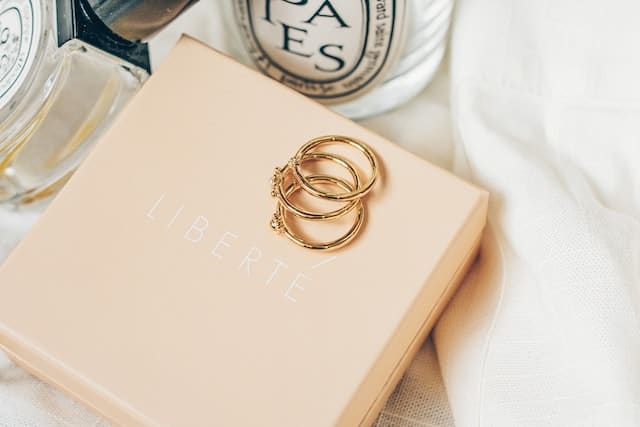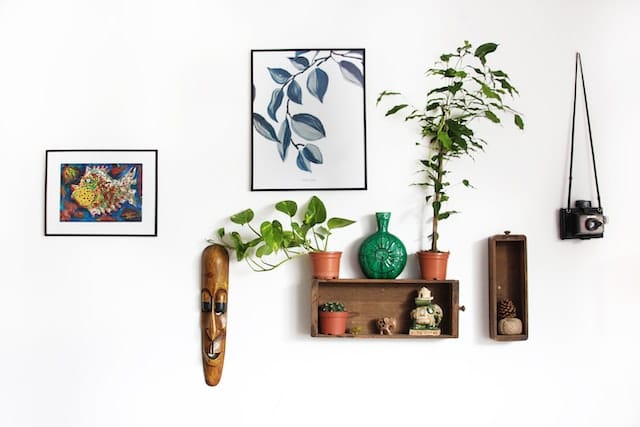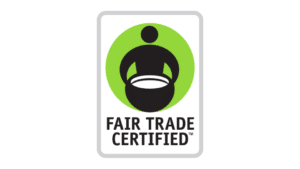Introduction – The Fair Trade Movement
Fair trade is a movement that promotes better prices, working conditions, and fair terms of trade for farmers and workers in the developing world. It is based on the principles of partnership, transparency, and respect. Fair trade organizations, businesses, retailers, and consumers support producers by offering better trading conditions and ensuring that the farmers receive a larger share of the proceeds from the sale of their products.

The fair trade movement took root in the 1950s when a group of Mexican farmers formed a cooperative, known as the first fair trade organization, to sell their coffee beans directly to international buyers.
This move bypassed the middlemen who were exploiting them, marking the start of a significant shift in global trade norms.
In the 1980s, European and North American NGOs began working with these farmers to help them get better prices for their coffee.
Today, the fair trade movement has grown to encompass a wide range of products—including food, clothing, and crafts—from around the world.
There’s a lot of fair trade food stuffs, like bananas, chocolate, coffee, sugar and tea. Let’s take a look at 7 fair trade product categories that are not food.
7 Fair Trade Products That Are Not Food
Fair trade extends beyond food items, offering a range of products that can significantly improve the lives of farmers and workers in the developing world. Let’s explore seven such non-food fair trade products:
1. Clothing
Clothing represents a significant segment of the fair trade market, driven by sustainable materials and ethical labor practices.
Fair trade clothing is made with natural fibers like organic cotton, linen, and wool, ensuring minimal environmental impact.
Fair trade clothing is produced in factories that follow strict environmental regulations. The factory workers are paid a living wage and access health care and other benefits.
Brands like Patagonia and People Tree are leading the charge in sustainable, fair trade fashion.
For instance, People Tree partners with farmers and artisans in developing countries to create their products, offering safe working conditions, fair wages, and committing to environmentally friendly practices throughout the production process.
Read our main article about fair trade and fairtrade clothing.
2. Jewelry
Jewelry is a fair trade product with the highest quality materials and craftsmanship.
Every piece of jewelry is designed to last a lifetime and is created with the utmost care.
The Jewelry industry is one of the few industries where fair trade practices are strictly followed.
This means that Jewelry workers are paid a livable wage, have access to health care and education, and work in safe conditions.
Furthermore, Jewelry companies must adhere to Fair Trade standards to be certified.
3. Bags and Purses
Bags and purses are often overlooked regarding fair trade products, but they are an important part of the market.
Many different types of bags and purses are available, from large shoulder bags to small clutches.
Fair trade purses and bags are made with high-quality materials and craftsmanship, ensuring they will last for years.
When you purchase a fair trade bag or purse, you support artisans being paid a fair wage and worked in safe conditions.
4. Home Decor
Home decors are also fair trade products that you can buy to help support artisans and craftspeople around the globe.
Home decors include wall hangings, rugs, pottery, baskets, and furniture. These items are made by skilled workers who are paid a fair wage.
When you buy home decors that are fair trade, you support the people who made them being treated treated fairly and paid a livable wage.
Even better, you support the materials used to make the home decor being sourced from sustainable and eco-friendly sources.
Buying fair trade home decor is a great way to support global artisans and craftspeople while also helping to make your home more beautiful.
5. Art
Art is a fair trade product created by skilled artisans using traditional methods. The artisans are paid a fair wage for their work, and the proceeds from the sale of the artwork go to support their families and communities.
Artisan-made products are often of superior quality to mass-produced items, providing a unique connection to the people and cultures that create them.
When you purchase an artisan-made product, you are not only supporting the artist who made it but also helping to preserve traditional skills and techniques.
By buying Art as a fair trade product, we enhance human creativity and provide dignified employment for skilled workers.

6. Toys
Toys are also fair trade products that you can purchase from several different retailers.
Fair trade Toys support better working conditions for the Toy makers and suppliers and ensure that the materials used to make the Toys are sourced from ethical suppliers.
This is important because it means that the Toys are made in a way that is not harmful to the environment or the people who make them.
Toys made in a fair trade manner tend to be of higher quality, as the standards required to meet the fair trade criteria are very stringent.
This means they will last longer and be more enjoyable for children to play with.
Toys not made in a fair trade manner often use harmful materials and production processes, harming the environment and the people who make them.
7. Bath and Beauty Products
Bath and beauty products form another integral part of the fair trade industry.
Brands such as Lush and Dr. Bronner’s demonstrate how fair trade can positively impact this industry. Lush, for example, uses ingredients from fair trade sources and contributes to initiatives improving livelihoods in producer communities.
Dr. Bronner’s, known for their organic soaps, source their main ingredients like coconut oil, palm oil, and olive oil from certified fair trade and organic projects around the world, ensuring that producers receive a fair wage and that sustainable farming practices are upheld.
Fair trade is an international movement that promotes better working conditions and pays workers in developing countries.
Bath and beauty products that are fair trade certified have been produced following fair trade standards.
This means that the workers who produced the products received a fair wage and good working conditions and were not exploited in any way.
By buying fair trade bath and beauty products, you improve workers’ lives in developing countries.
Bath and beauty products that are fair trade certified are widely available, and they often cost no more than conventional products.
When you next need to purchase bath or beauty products, look for the fair trade label to help make a difference in workers‘ lives in developing countries.
A Note About Fair Trade Certification

Fair Trade certification plays a crucial role in ensuring the integrity and trustworthiness of the fair trade movement.
This certification process is overseen by several independent bodies that set strict standards regarding labor conditions, environmental impact, and economic equity.
These organizations audit and verify that producers, from farmers to factory workers, are paid fair wages, work in safe and humane conditions, and utilize sustainable practices.
When you see a product with a Fair Trade Certified label, it signifies that the goods were produced in compliance with these rigorous standards.
This certification process not only helps protect workers and the environment, but also empowers consumers to make ethical purchasing decisions, driving demand for fair trade products and contributing to a more equitable global economy.
Wrapping Up
To summarize, fair trade is a method that aims to improve working conditions and pay for people in low-income countries.
Many fair trade items are available, and they frequently cost less than conventional goods.
You may assist in improving the livelihoods of people in developing countries by buying fair trade products.
The next time you’re at the store, try to pick out products with the fair trade label; every choice makes a difference. Thanks for reading!
